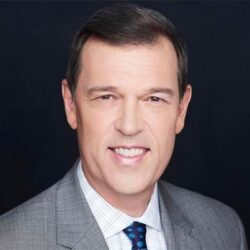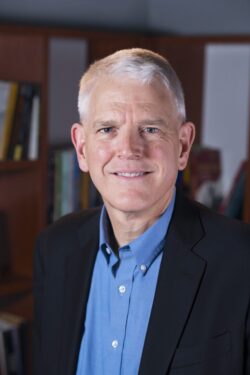How Does This End? War and Peace in Ukraine
September 13th, 2022
September 13th 12 pm to 1 pm
Hybrid Program – You can join us on zoom or in - person
Please note that lunch is not being offered during this program
Six months into Russia’s second invasion of Ukraine, there are few signs it will end anytime soon. The West for now remains unified around Ukraine and Russia continues to struggle in a war it expected to win quickly. Kyiv and Moscow both seek a military victory, but the cost of such a victory will be staggering. The West’s support for Ukraine—including the Biden administration’s latest $3 billion security assistance package—has been crucial to Ukraine’s perseverance but the West’s continuing support is not guaranteed, especially if the war drags on. Russia’s goals—including Ukraine’s demilitarization and neutrality if not outright capitulation—have not changed even as Russia makes few gains on the battlefield. Can there be a negotiated settlement—and what role should the West play, if any, in trying to end the war?
Join the World Affairs Council on September 13 as Ambassador Steven Pifer, former U.S. Ambassador to Ukraine, and George Beebe, former chief of the CIA’s Russia Analysis Group, discuss the possibilities and perils of a negotiated end to the war in Ukraine. This program will be hybrid, with the option to attend in person or over Zoom. Ambassador Pifer will be joining by Zoom, while Mr. Beebe will be in-person.
George Beebe is Director of Grand Strategy at the Quincy Institute. He spent more than two decades in government as an intelligence analyst, diplomat, and policy advisor, including as director of the CIA’s Russia analysis and as a staff advisor on Russia matters to Vice President Cheney. His book, The Russia Trap: How Our Shadow War with Russia Could Spiral into Nuclear Catastrophe (2019), warned how the United States and Russia could stumble into a dangerous military confrontation.

Steven Pifer is an affiliate with the Center for International Security and Cooperation at Stanford and a nonresident senior fellow with the Brookings Institution. He focuses on nuclear arms control, Ukraine, Russia and European security. A retired Foreign Service officer, his more than 25 years with the Department of State included assignments as deputy assistant secretary with responsibilities for Russia and Ukraine, U.S. ambassador to Ukraine, and special assistant to the President and senior director for Russia, Ukraine and Eurasia on the National Security Council. He also served at the U.S. embassies in Warsaw, Moscow and London as well as with the U.S. delegation to the negotiation on intermediate-range nuclear forces in Geneva. He is author of The Eagle and the Trident: U.S.-Ukraine Relations in Turbulent Times.
